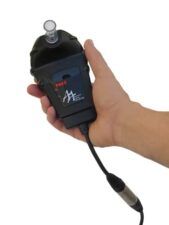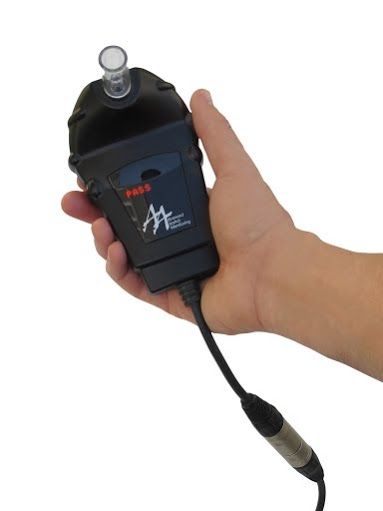 It’s Op-Ed going head to head against reader response in the Baltimore Sun recently, and the cause for debate is a topic that’s been showing up in Maryland newspapers for months.
It’s Op-Ed going head to head against reader response in the Baltimore Sun recently, and the cause for debate is a topic that’s been showing up in Maryland newspapers for months.
Ignition interlock devices are big news in the state, and with good reason – currently only required for offenders who drive with blood alcohol concentrations (BAC) of .15 or greater, a new bill has been proposed that would add Maryland to the growing list of states requiring interlock devices for all offenders.
On one side of the debate, Sarah Longwell of the American Beverage Institute wrote an Op-Ed on March 6th, 2015 advocating ignition interlocks only for ‘hardcore’ offenders in the state. She made several points in her Op-Ed including:
- Approximately 70% of Maryland’s alcohol-related fatalities involve a drunk driver with a BAC of .15 or higher
- Drunk drivers who are required to install an ignition interlock device are not doing so, with only 15 to 20% actually following court orders to install the device
- Penalties should be made on a case-by-case basis, with hardcore offenders bearing the brunt of the penalties and ignition interlock program. Judges should also have the option to require ‘marginal’ offenders, or offenders with only .08 BAC, to install the device at their discretion
On the other side, Nora Connell wrote an reader’s response for the same newspaper on March 11th, 2015. In it, she strongly opposes Longwell’s take on ignition interlocks, and you just can’t argue with her logic. Some of the highlights of her response include:
- Even a ‘marginal’ offender with a BAC of .08 can take a life due to drinking and driving. You don’t have to be double the legal limit to be involved in an alcohol-related crash
- Ignition interlocks are effective on their own, but they are even more effective when combined with mandatory treatment for alcohol addiction before they are removed
- If non-compliance is an issue in Maryland, it should be treated with severe penalties
The facts are the facts – ignition interlock devices work. Mothers Against Drunk Driving (MADD) estimates they reduce the likelihood that a drunk driver will drive drunk again by approximately 65%. Although the debate in Maryland will rage on until the state passes or opposes a new ignition interlock bill, it’s hard to argue that roads won’t be safer if more drunk drivers are required to install them.
